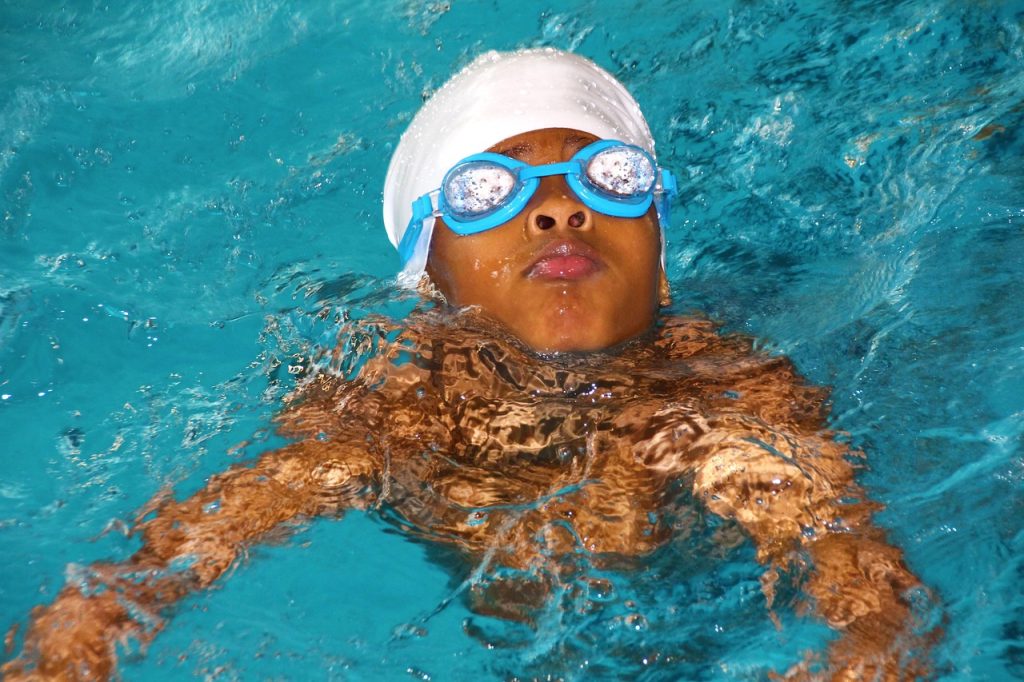
Swimming is a valuable skill that offers numerous physical, psychological, and social benefits for children. For children with autism, swimming lessons can have particularly significant positive impacts, aiding in sensory integration, motor skills development, and social interaction. This paper aims to explore the benefits of swimming lessons for children with autism, discuss effective teaching strategies, and emphasize the importance of creating inclusive and supportive aquatic environments.
1. Introduction:
Swimming is a fundamental life skill that offers a range of physical and psychological benefits. Children with autism, a neurodevelopmental disorder characterized by challenges in communication, social interaction, and behavior, can greatly benefit from swimming lessons. This paper delves into the advantages of swimming for children with autism and provides insights into best practices for teaching swimming to this unique population.
2. Benefits of Swimming for Children with Autism:
2.1 Sensory Integration: Children with autism often experience sensory sensitivities, and water provides a therapeutic sensory experience that can aid in self-regulation and sensory integration.2.2 Motor Skills Development: Swimming engages a variety of motor skills, including coordination, balance, and muscle strength, which can help children with autism improve their motor abilities.
2.3 Social Interaction: Swimming lessons provide opportunities for peer interaction, teamwork, and communication, fostering social skills development and reducing social isolation.
2.4 Anxiety Reduction: The calming effects of water and the repetitive nature of swimming strokes can help alleviate anxiety and promote relaxation.
3. Effective Teaching Strategies:
3.1 Individualized Approach: Recognizing that each child with autism is unique, instructors should tailor their teaching methods to cater to the specific needs and preferences of each child.3.2 Visual Supports: Visual cues, schedules, and social stories can help children with autism understand the swimming lesson routine and reduce anxiety.
3.3 Structured Routine: Consistency and predictability in lesson structure can create a sense of security for children with autism, enabling them to focus and learn effectively.
3.4 Sensory-Friendly Environment: Adjusting the aquatic environment to accommodate sensory sensitivities, such as water temperature and lighting, can enhance the child’s comfort and engagement.
4. Creating Inclusive Aquatic Environments:
4.1 Teacher Training: Swimming instructors should receive training in autism awareness, communication strategies, and behavior management techniques to effectively support children with autism.4.2 Parent Involvement: Collaboration between instructors and parents is crucial to ensure continuity in the child’s learning and to facilitate consistent support outside of the swimming lessons.
4.3 Peer Interaction: Structured activities that encourage peer interaction and cooperation can help children with autism develop social skills in a supportive environment.
4.4 Positive Reinforcement: Utilizing positive reinforcement techniques can motivate and empower children with autism, enhancing their self-esteem and overall enjoyment of swimming.
5. Conclusion:
Swimming lessons hold immense potential for promoting physical, psychological, and social well-being among children with autism. By understanding their unique needs and employing effective teaching strategies, swimming instructors and aquatic facilities can create inclusive and supportive environments that enable children with autism to thrive and experience the numerous benefits of swimming. Further research and collaboration between professionals in the fields of autism and aquatic education can contribute to the continued refinement of teaching methods and the enhancement of swimming programs tailored to this population.
Kenny is a baby Bottlenose dolphin, of the genus Tursiops, one of the most common and well-known members of the family Delphinidae, the family of oceanic dolphin. He is very playful and friendly and loves to frequently leap above the water surface. Kenny plays with water toys, enjoys making bubble rings, and plays well with other dolphins or other animals.
